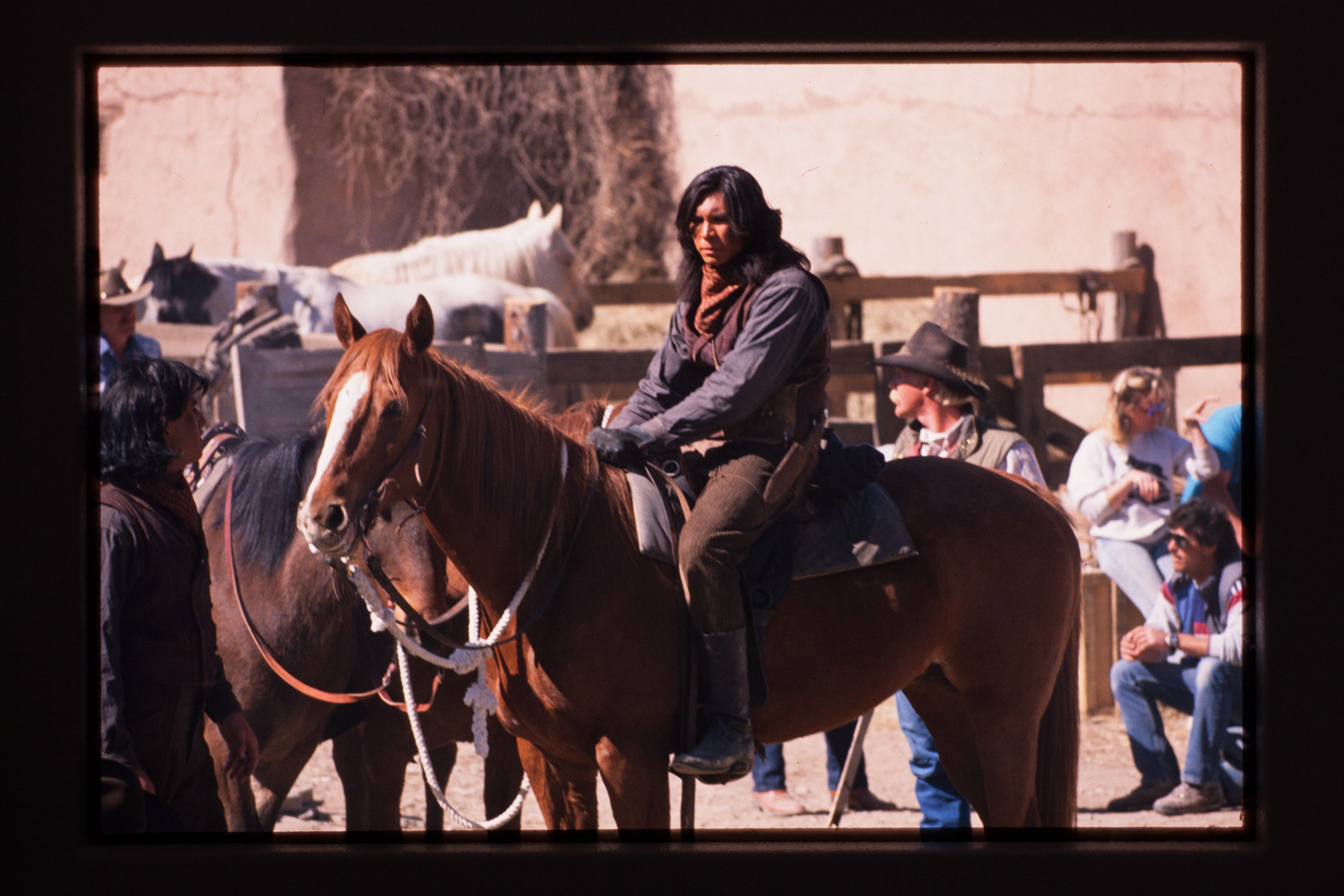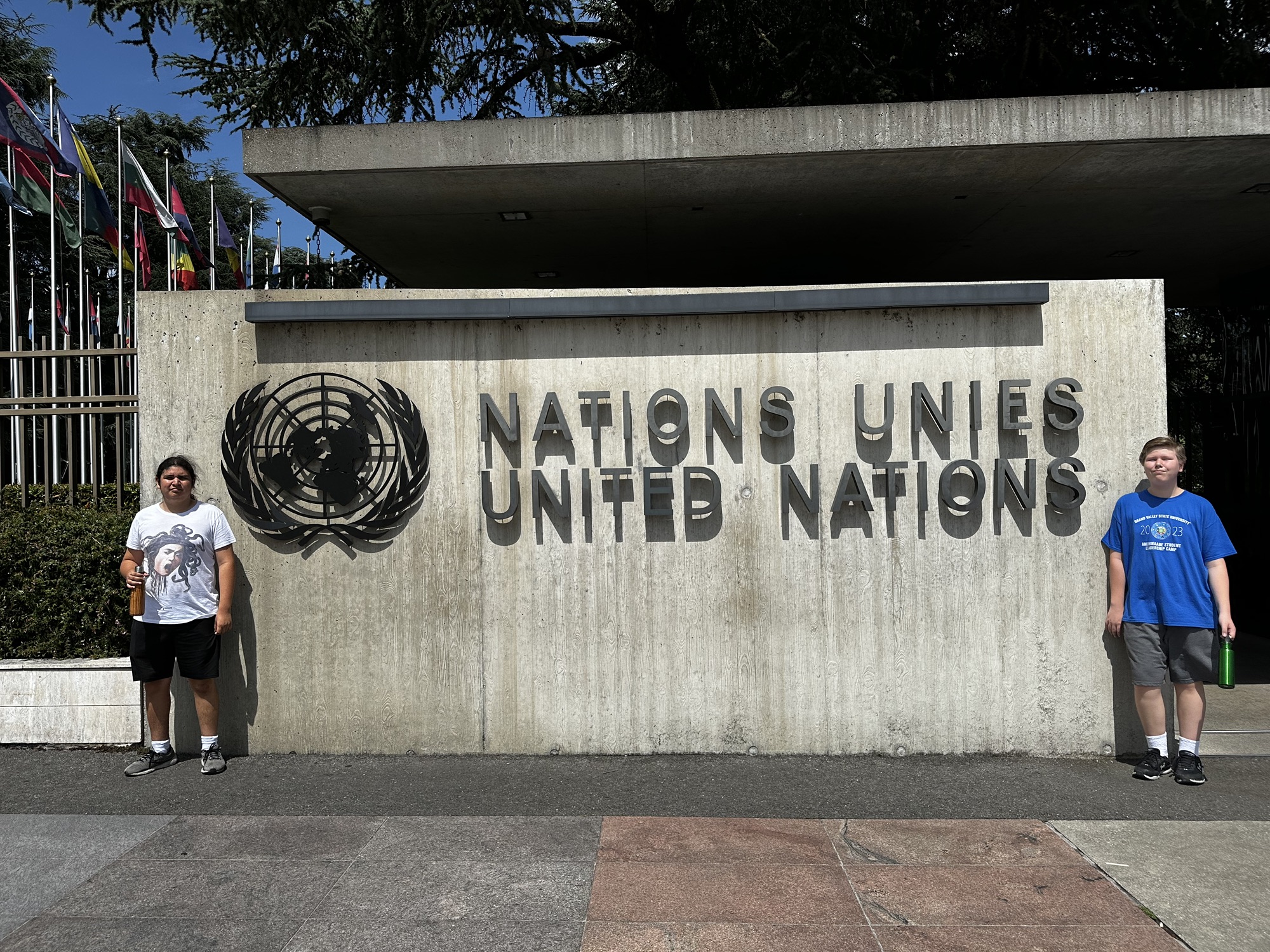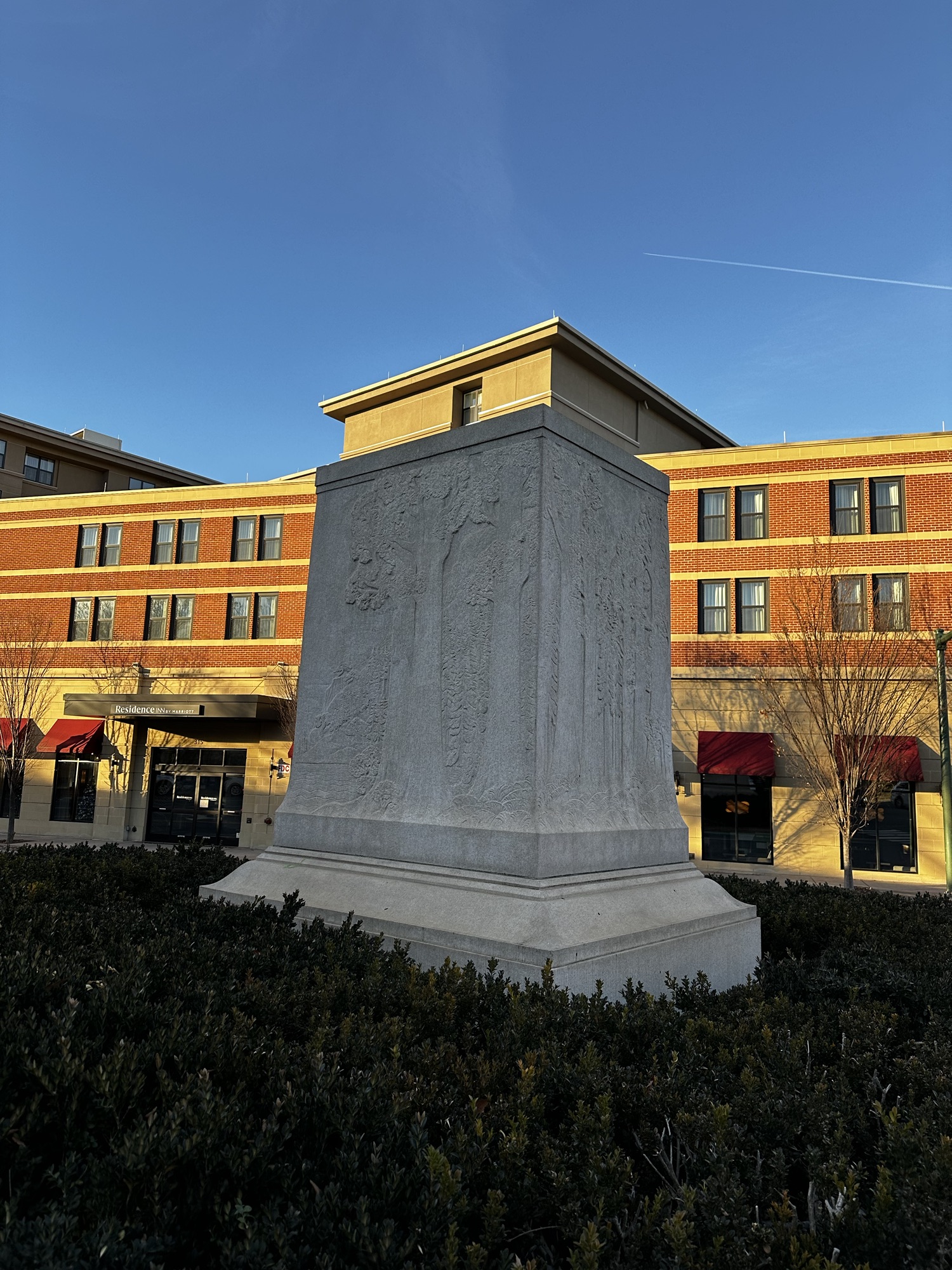David C. Scott has published Making Space for Sacred Lands: From the Harsh Glare of Lyng to Apache Stronghold in the Stanford Journal of Civil Rights & Civil Liberties.
Here is the abstract:
Federal courts have routinely held—under the Free Exercise Clause and Religious Freedom Restoration Act (RFRA)—that government actors operating on government-owned land may desecrate, destroy, modify, or restrict access to landmarks that are sacred to Native American tribes, even if doing so would “virtually destroy” the tribes’ ability to practice their religion. Beginning with Lyng v. Northwest Indian Cemetery Protective Association in 1988, courts have justified these results on the grounds that tribal litigants are asserting a positive right that would permit them to “exact something” from the government. The Free Exercise Clause and RFRA, however, only protect “substantial burdens” on religious practice, or rather, violations of negative rights (i.e., rights to be free from coercion). In its recent decision in Apache Stronghold, the Ninth Circuit’s 6-5 per curiam decision ostensibly expanded the scope of “substantial burdens” to include “preventing access to religious exercise.” A different 6-5 majority opinion in this case, however, retreated to Lyng’s analysis and denied the Western Apaches’ claims. The Supreme Court has declined to hear the case, over a vociferous dissent from Justice Gorsuch calling the decision to not review the Ninth Circuit’s “questionable reasoning” a “grievous mistake” with “consequences that threaten to reverberate for generations.” Indeed, the Ninth Circuit’s confused reasoning writes the Western Apache and other minority religions, especially those using public land, out of RFRA and the Free Exercise Clause. If federal courts do not revisit this analysis, land-based tribes are powerless to prevent the extinction of their religious and communal traditions.
This Article argues that the conceptual distinctions on which courts rely in sacred land cases—along with the policy arguments that support them—are simplistic and ahistorical. Holding onto the positive-negative rights distinction in these cases results in the mischaracterization of the harms that tribes have suffered and the attendant rights they seek to protect. In place of this binary distinction, this Article employs resources from social and political philosophy to argue for a more nuanced and historical context-sensitive inquiry, pursuant to which courts ask whether a religious litigant has access to a non-hostile religious atmosphere. After Part I presents a brief history of sacred land cases, Part II both makes a philosophical case for the right to a non-hostile atmosphere and argues this is what the Court intended in Wisconsin v. Yoder. Part III then presents additional resources from First Amendment doctrine and related areas of law, each of which suggest that this principle is already implicit in our doctrinal history.



You must be logged in to post a comment.